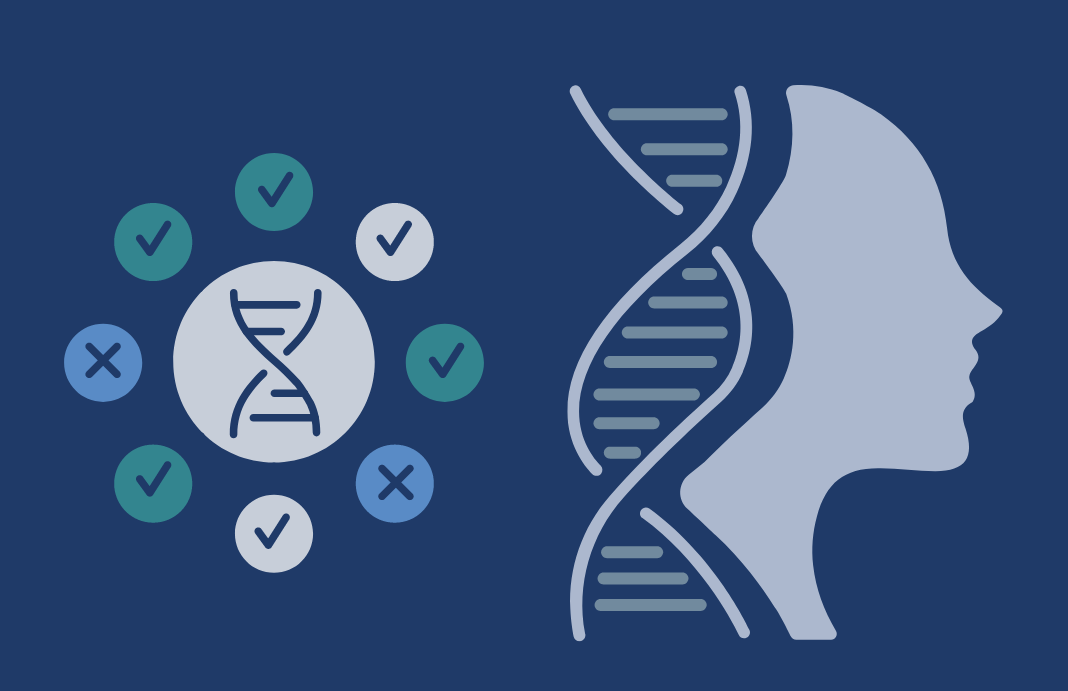The Trump administration’s approach to autism is tangled up with ableism, eugenics, and pronatalism
By Shoumita Dasgupta,
STAT
| 10. 03. 2025
President Trump and health secretary Robert F. Kennedy Jr. have characterized the rise in autism diagnoses in recent years as an epidemic requiring emergency intervention.
This approach is factually wrong: The broadening definition of autism and the improvement in diagnosis in the same time period is largely responsible for the rise. But it’s worse than a simple factual error. Using this framing dehumanizes autistic people in ways that echo the eugenic policies of the early 20th century and is just the latest iteration of politicizing and codifying harmful eugenic frameworks.
Eugenic policies originally sought to improve society by enriching good genes through selective breeding strategies co-opted from agricultural practices and applied to human populations. Inherent in these policies was a hierarchical worth of human traits, a ranking and designation of some lives as not worth living. The Trump administration is reviving eugenic thinking, most recently by targeting autistic people as undesirable lives to be purged from society whether by restricting acetaminophen use during pregnancy (even though the data does not support such a connection), withholding vaccines from children (even though ...
Related Articles
By Pete Shanks
| 02.27.2026
Last month, we published “The Shameful Legacy of Tuskegee” which focused on a proposed experiment in Guinea-Bissau. The study’s plan echoed the notorious Tuskegee disaster, withholding safe, effective vaccines against hepatitis B from some newborns while inoculating others. It was to be financed by the U.S. but performed by a controversial Danish team. That project provoked a multi-national outcry, leading to a remarkable response from the World Health Organization:
WHO has significant concerns regarding the study’s scientific...
By Jenn White, NPR | 02.26.2026
By Kiana Jackson and Shannon Stubblefield, New Disabled South | 02.09.2026
"MC0_8230" via Wikimedia Commons licensed under CC by 2.0
This report documents a deliberate assault on disabled people in the United States. Not an accident. Not a series of bureaucratic missteps. An assault that has been coordinated across agencies...
By Scott Solomon, The MIT Press Reader | 02.12.2026
Chris Mason is a man in a hurry.
“Sometimes walking from the subway to the lab takes too long, so I’ll start running,” he told me over breakfast at a bistro near his home in Brooklyn on a crisp...




